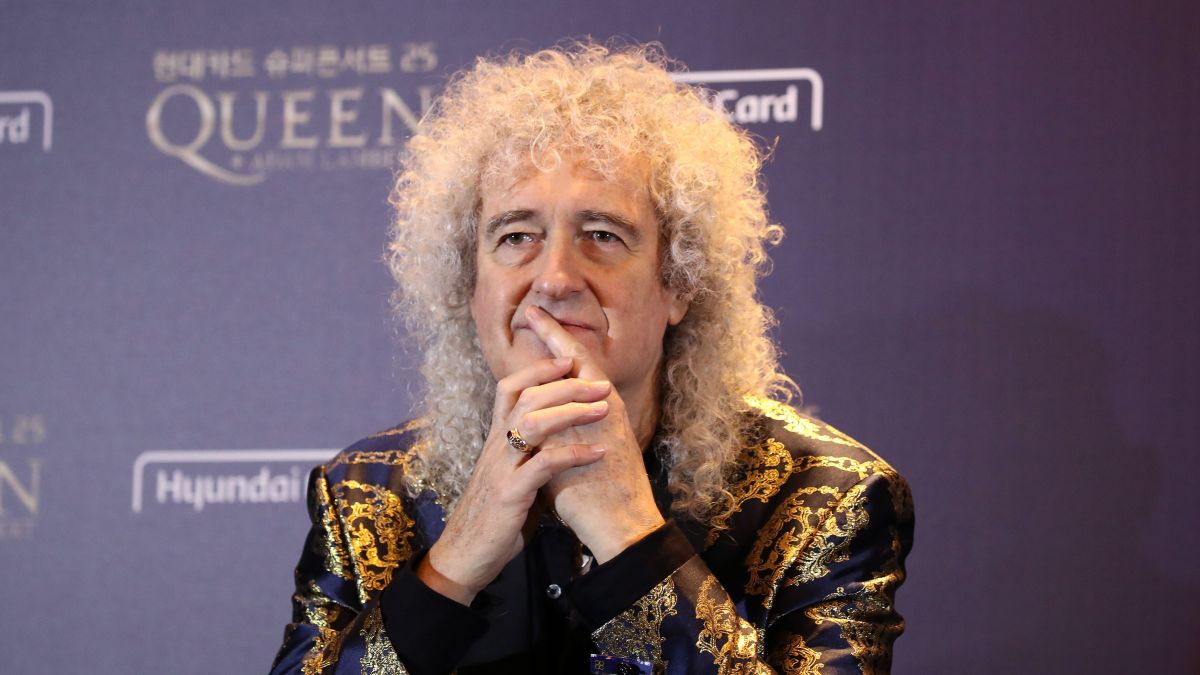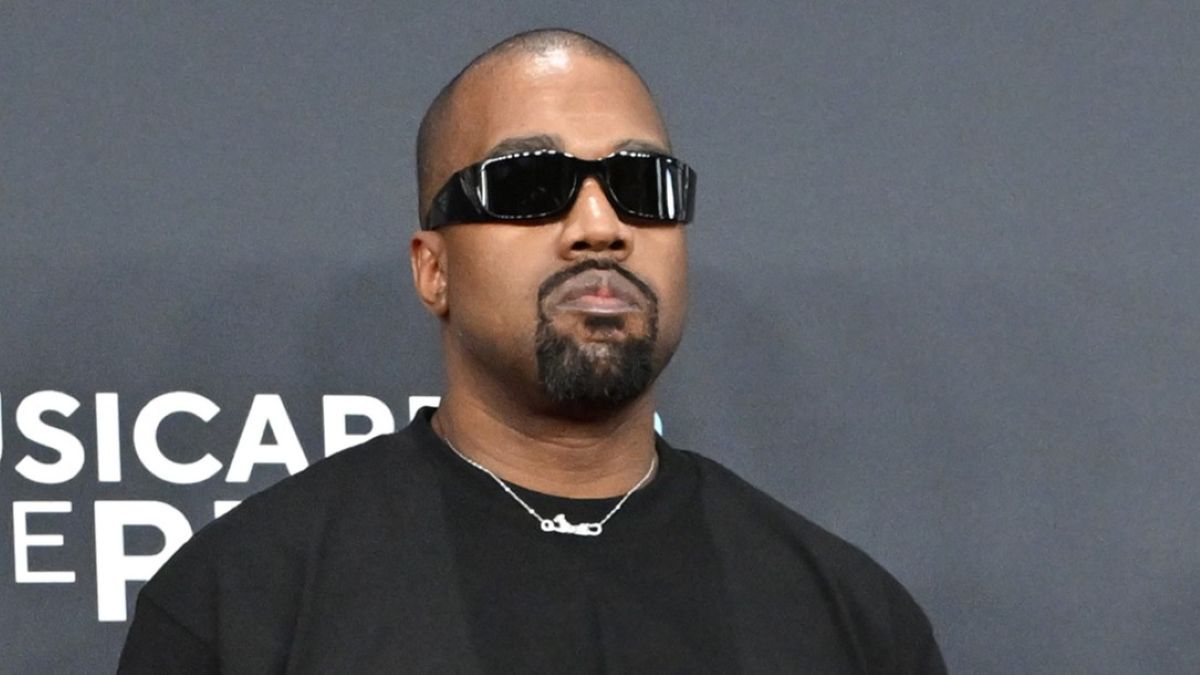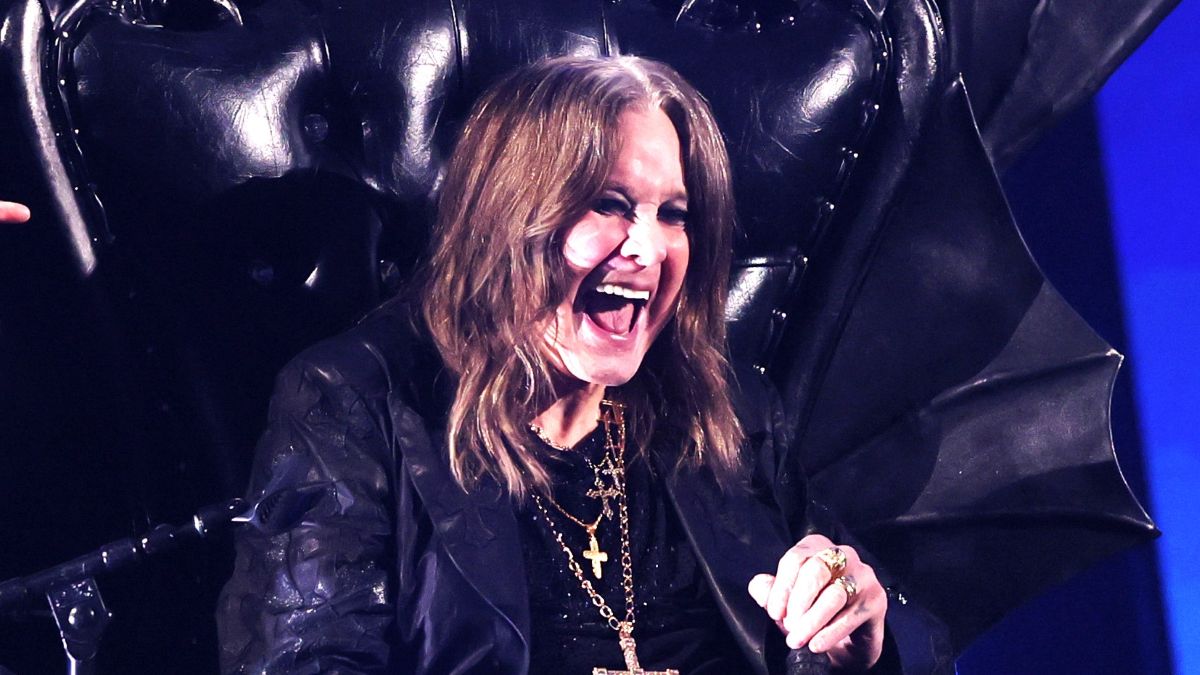
It’s common enough for members of the media to run a story with such haste that they forget to fact check, and the Xerox effect that takes place when it gets reblogged can distort its accuracy even further. Apparently it’s of paramount importance that we address the mental health of DJs – so much so that we’re citing numbers from a Help Musicians UK survey out of context.
Help Musicians UK is an honorable enough charity organization that provides counsel and resources for musicians, and they recently released a “Health and Wellbeing Survey” that provided mental health statistics for musical professions. A recent THUMP article cited the survey as evidence that the rigors of the DJ lifestyle could lead to higher depression rates, among other things, and Your EDM opted to illuminate the issue as well.
There’s only one problem: DJs were hardly represented in the survey, if at all.
The very first heading of the document reveals that 59% of the 552 responders worked in classical music, 21% were orchestral musicians, and the other categories with strong representation were jazz and folk artists. The subsequent table breaks down their distribution by instrument, revealing that DJs didn’t even make the top eight.

The original article also cited a more comprehensive report put out by Victoria University, but even that resource’s analysis focused on entertainment careers as a whole. Musicians only comprised 12% of the 2,099-person sample population – and at that, the percentage of responders who claimed to have been diagnosed with depression was less than half of that of the Help Musicians UK survey.
On the other hand, figures presented in reputable academic literature suggest no correlation between entertainment industry work and significantly higher rates of depression. A paper published in the journal Social Psychology and Psychiatric Epidemiology drew from data compiled from a database of actual medical claims (as opposed to the questionable self-diagnosis of survey responders) from a population 100 times as big as that of the Victoria University report to draw inferences on which careers were linked with the highest rates of depression.
Of the 55 industries that placed on the list, “amusement and recreation services” ranked the lowest at 6.87%. In addition, an article published in the Journal of Psychiatric Research concluded that there was no noteworthy correlation between creative professions and psychiatric disorders.
To be frank, even if factors such as the rigors of touring and low income rates were responsible for the feelings of isolation and substance abuse tendencies that artists like Louisahhh and Crookers talked about when interviewed by THUMP, they should have made peace with those sacrifices when they took up a designer career in the first place. If you decide that you’re too special to make a living sitting in a cubicle like the rest of the miserable masses, then you ought to be strong minded enough to live the lifestyle that comes with it.
Of course, that’s not to suggest that Help Musicians UK is an obsolete organization, or that clinical depression should be illegitimated in any way. Individuals suffering from psychiatric issues of any kind – no matter their profession – should not hesitate to seek medical attention.










Published: Jul 6, 2016 02:32 pm